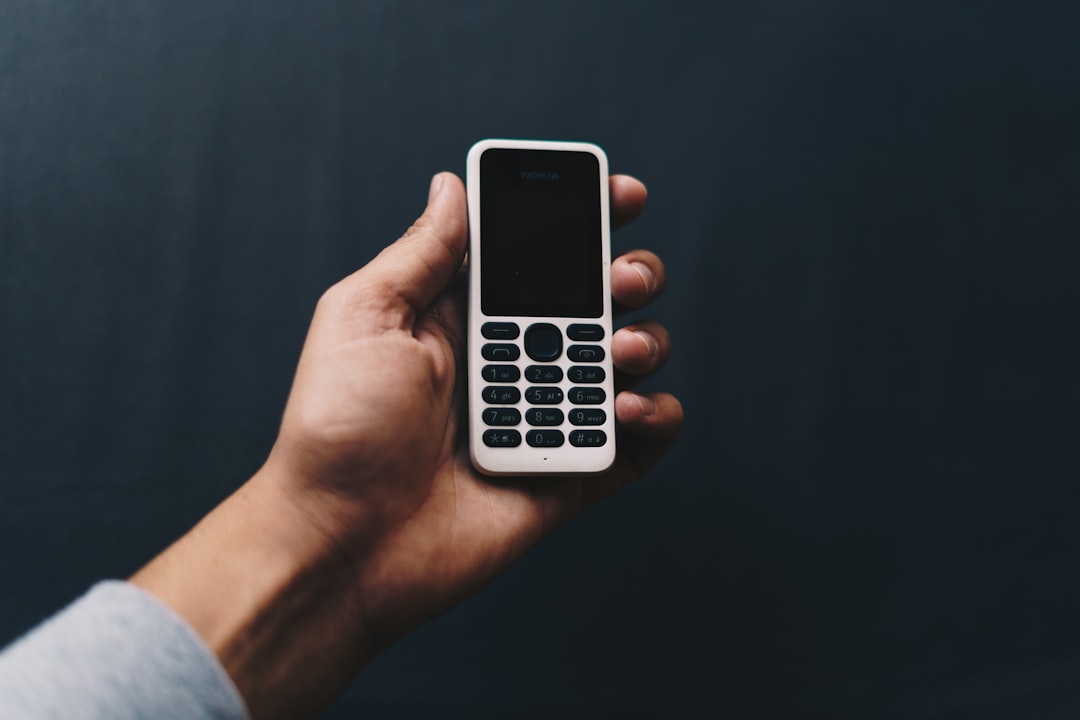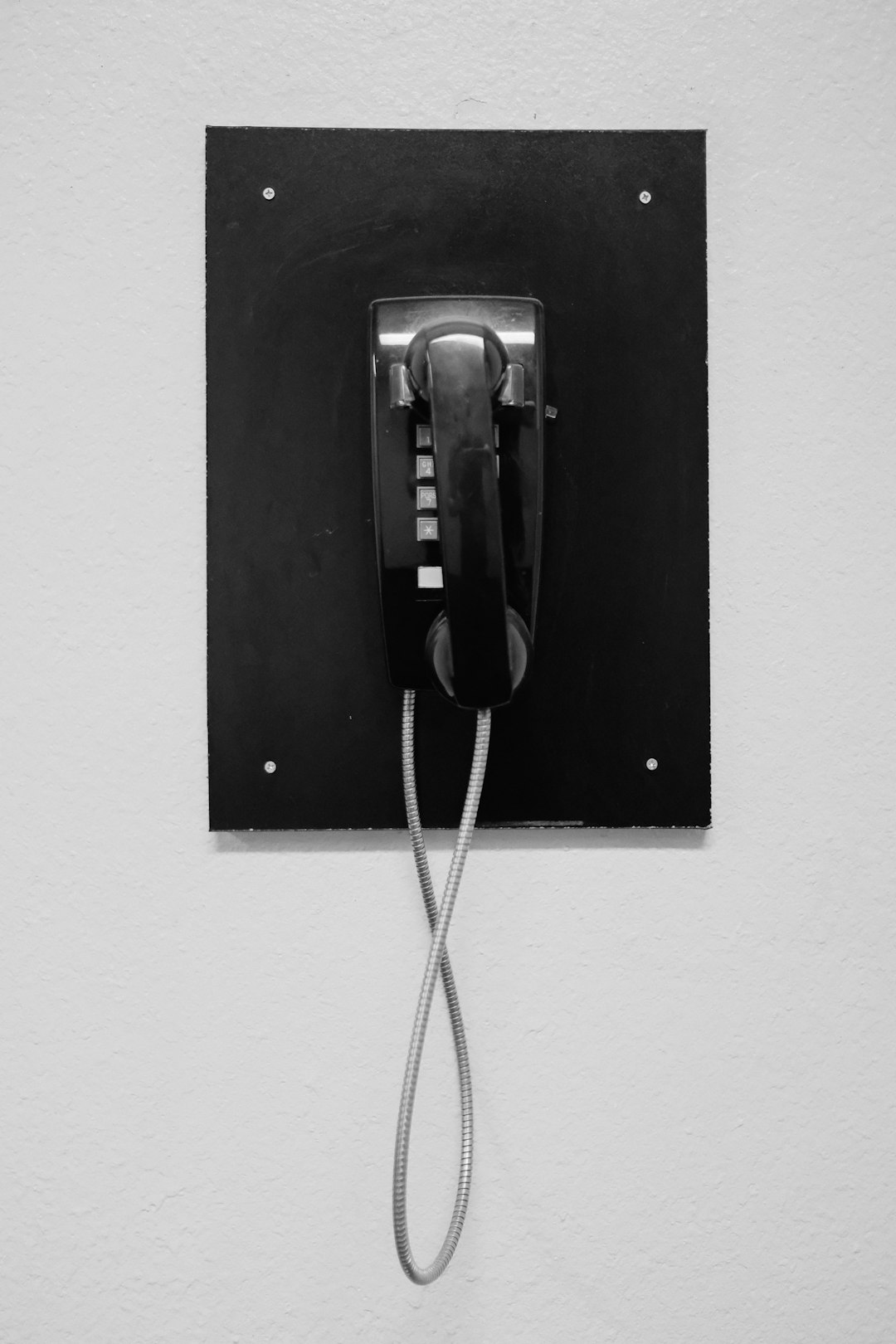Unwanted robocalls are a growing concern for Connecticut residents, prompting them to seek legal aid from unwanted call lawyers. Both federal and state laws, including the TCPA and CUTPA, protect consumers from automated calls without consent. Bristol, CT residents can combat robocalls by registering on the National Do Not Call Registry, consulting attorneys specializing in TCPA cases, and reporting violations to the FTC for effective privacy protection.
In the digital age, Robocalls have become a pervasive and often unwanted nuisance. This article explores the rise of automated telephone calls in Bristol, Connecticut, focusing on their implications for consumers. We delve into ‘Understanding Robocalls’ as a growing concern, followed by an examination of legal protections offered by Connecticut laws. Subsequently, we guide readers through navigating their rights and options against these intrusive calls, highlighting the role of Unwanted Call Lawyers in Connecticut.
Understanding Robocalls: The Unwanted Call Phenomenon

Robocalls, or automated phone calls, have become an increasingly prevalent and unwanted phenomenon in modern times. These pre-recorded messages, often promoting products, services, or political campaigns, are randomly dialed to a vast number of telephone subscribers. While some callers may welcome these automated interactions, many consumers find them intrusive and disruptive, especially when the calls are unsolicited. In Connecticut, as across the nation, the rise of robocalls has sparked significant concern among residents, prompting discussions on privacy rights and consumer protection.
Unwanted call lawyers in Connecticut often find themselves at the forefront of this issue, assisting individuals who have been overwhelmed by persistent and harassing robocalls. These legal professionals help clients navigate the complexities of consumer protection laws, offering guidance on how to stop unwanted calls and seek redress for any associated distress or financial loss. Understanding the nature of robocalls is a crucial step in combating this growing concern, ensuring that consumers in Bristol and across Connecticut have the knowledge to protect their privacy and peace of mind.
Legal Protections for Consumers in Connecticut

In Connecticut, consumers have legal protections against unwanted calls, particularly robocalls. The Connecticut Unfair Trade Practices Act (CUTPA) prohibits deceptive practices in consumer transactions, including automated or prerecorded telephone calls unless the caller has obtained prior express consent. Additionally, the Telephone Consumer Protection Act (TCPA) at the federal level offers further safeguards. Consumers can take action against unwanted call lawyers by filing complaints with the Federal Trade Commission (FTC) and seeking legal advice from attorneys specializing in TCPA cases. These protections empower Bristol, Connecticut residents to defend their privacy and halt nuisance calls effectively.
Navigating Your Rights and Options Against Robocalls

In the face of increasing robocall volumes, consumers in Bristol, Connecticut, have rights and options to protect themselves. If you’re receiving unwanted calls from automated systems, it’s important to know that federal law prohibits such robocalls unless you’ve given explicit consent. The Telephone Consumer Protection Act (TCPA) grants consumers the right to block these calls and seek legal action against violators, including seeking damages for each violation.
Seeking recourse starts with understanding your rights. You can register your phone number on the National Do Not Call Registry, a federal list that restricts marketing calls. Moreover, Connecticut law offers additional protections, so consulting with an unwanted call lawyer in Connecticut could be beneficial to understand your specific options and pursue legal action if necessary.






